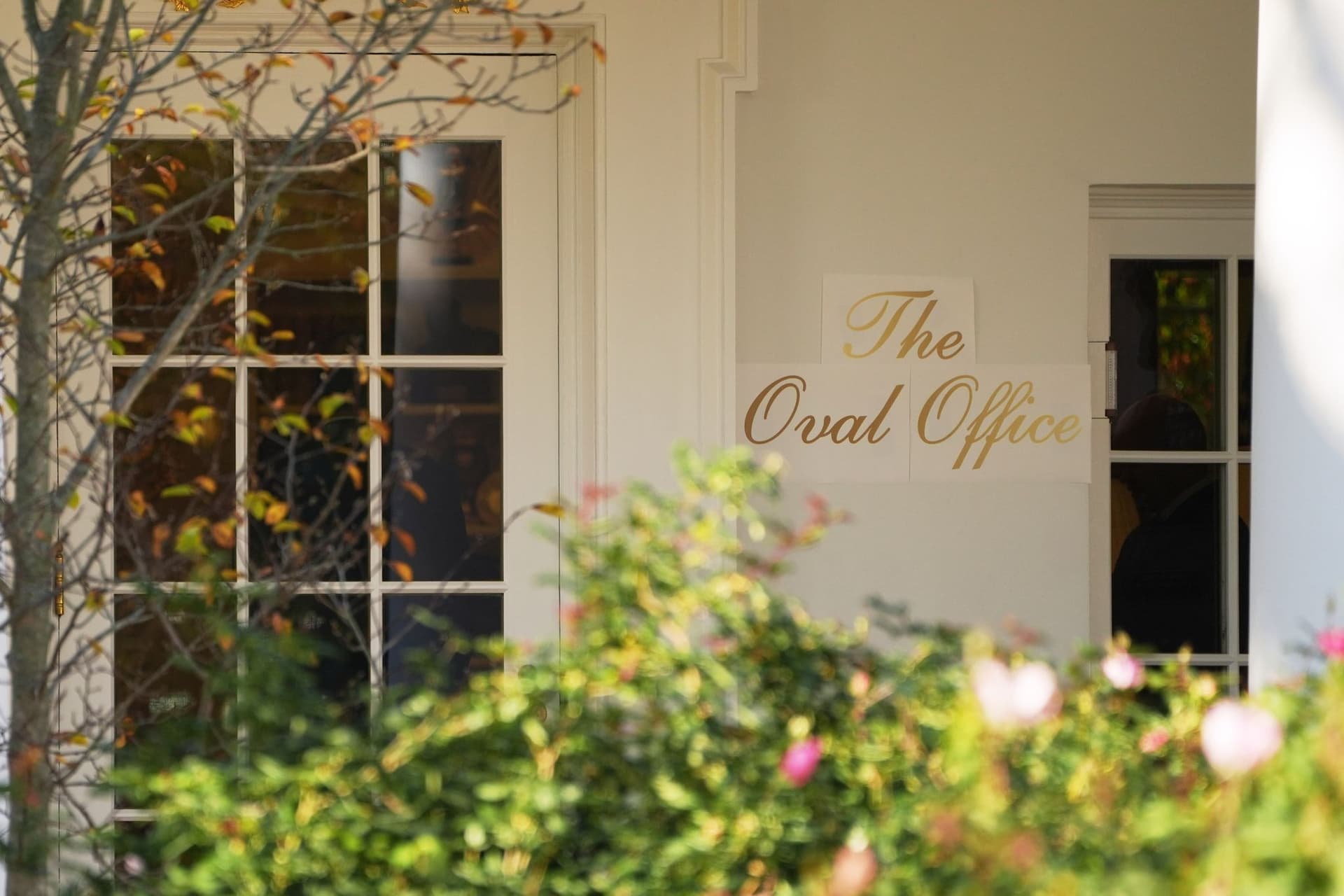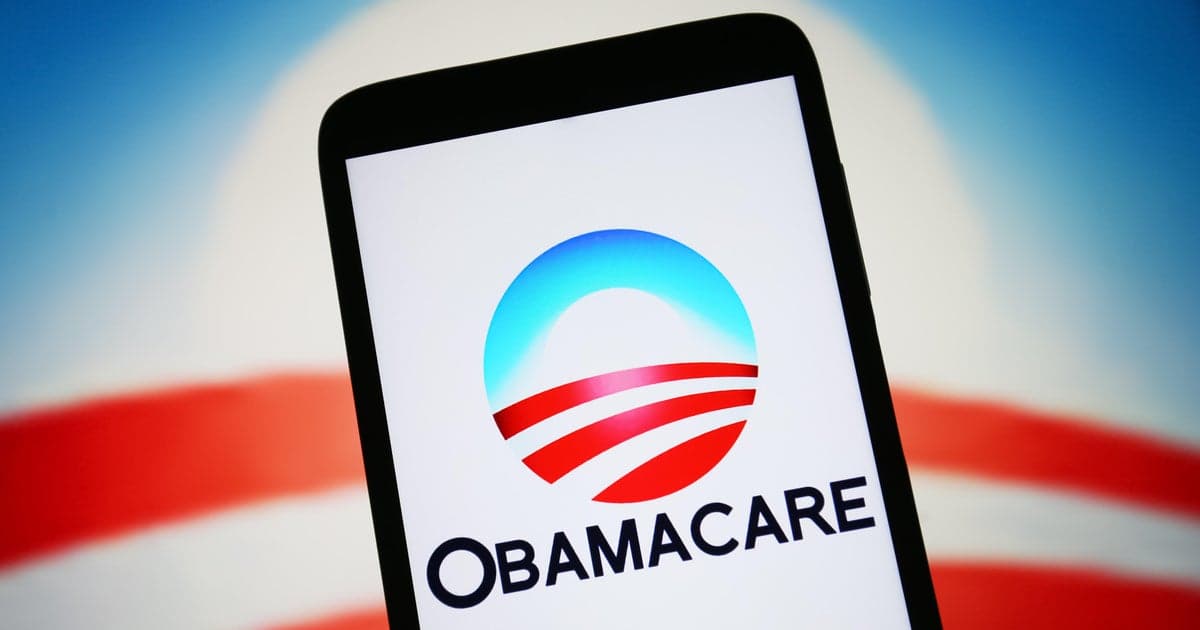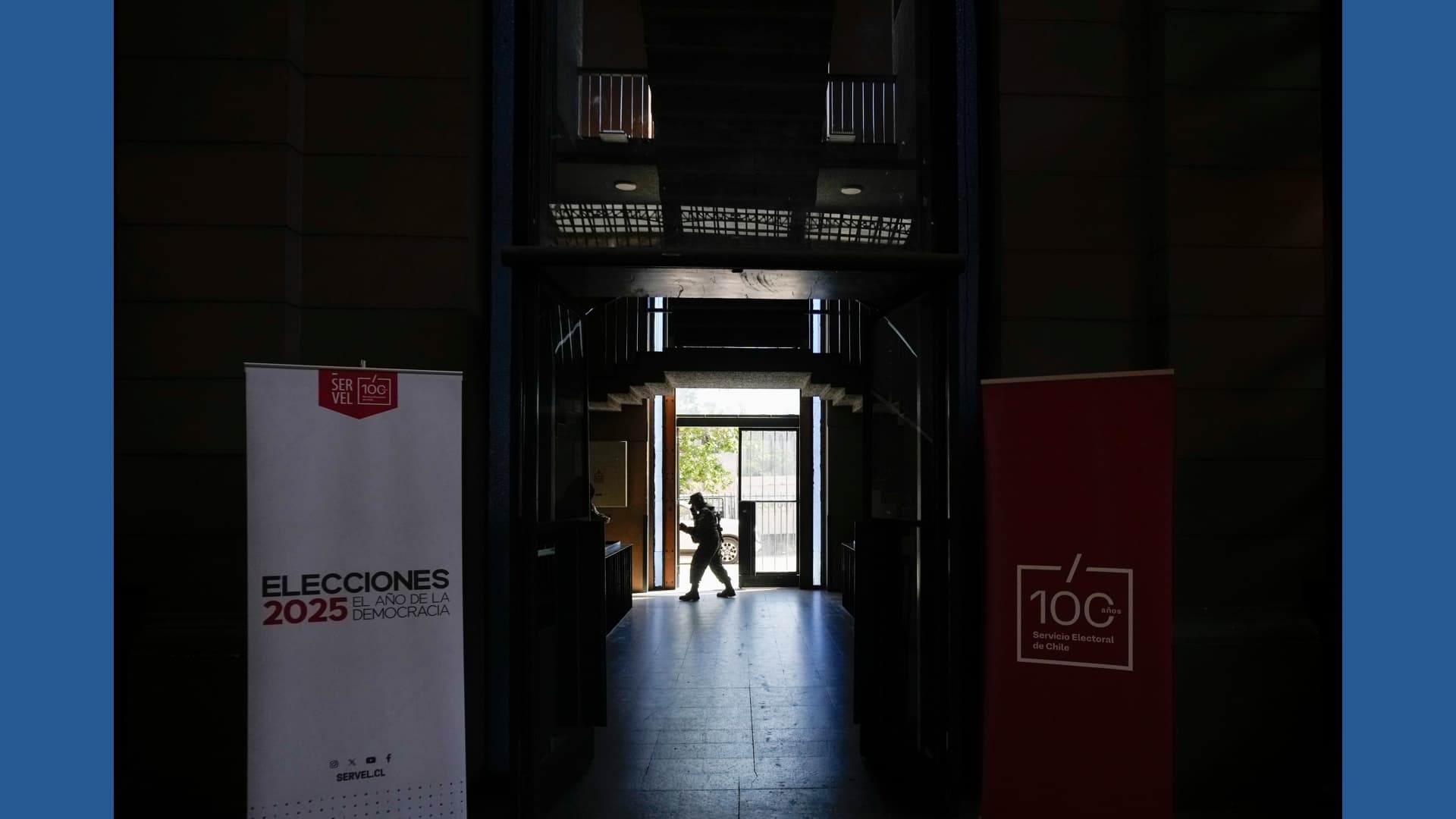Republicans reject affordability crisis, insist losses do not reflect Trump
Republican leaders and strategists are pushing back against voter concern about the cost of living even as an AP Voter Poll found economic worries topped voters' lists in this month's elections. The party is framing recent defeats as turnout failures rather than policy rebukes, a stance that could shape messaging and voter engagement ahead of high stakes congressional contests in 2026.

Republican officials have mounted a sustained effort to downplay voter anxiety about affordability even as independent polling shows economic issues dominated voter concerns in recent elections. The Associated Press Voter Poll found that worries about the economy drove many voters' choices this month, a reality that runs counter to public denials from national party operatives.
The Republican National Committee issued a set of talking points asserting that the recent elections "were not a referendum on President Trump, Republicans in Congress, or the MAGA Agenda." The memo urged a focus on mobilization, saying "Make America Great Again" voters "will need to show up at the ballot box; President Trump and Republicans are going to make that happen." Party leaders have leaned on turnout narratives to explain losses rather than concede a policy gap on the cost of living.
That stance has prompted unease among some Republican strategists. Doug Heye, a veteran operative, said President Trump's approach is not necessarily helpful for the Republican Party or its candidates, who face a difficult environment in 2026 when voters will decide control of Congress. Historically, the party occupying the White House has significant losses in nonpresidential elections, a pattern Republicans will seek to counter through organization and messaging.
The debate is not abstract. In affluent enclaves such as Greenwich, Connecticut, a booming stock market in 2025 has coincided with a surge of property sales at $10 million or more, an image that contrasts with many voters who report a different reality in their daily finances. That divergence underscores the political risk of insisting there is no affordability crisis while large segments of the electorate cite economic strain.
Institutionally, the choice to treat defeats as turnout deficits rather than responses to economic policy carries consequences for governance and accountability. If party leaders prioritize mobilization over policy recalibration, legislative agendas and campaign platforms may continue to ignore widespread concerns about housing costs, healthcare affordability, and everyday expenses. Such a path risks further alienating voters who see little connection between high level market indicators and their personal finances.
The Republican hierarchy also faces internal constraints. With few exceptions, the lieutenants who steer GOP political strategy have shown little appetite for directly challenging the president's preferences or the broader movement he leads. That cohesion can deliver a unified ground operation but limits the party's flexibility to adjust policy positions in response to voter feedback.
For voters and civic groups, the unfolding debate highlights the importance of turnout and issue focused engagement. Whether the GOP doubles down on mobilization or alters its policy pitch will shape the choices presented to voters in 2026 and affect the balance of power in Congress. Journalists, civic organizations, and political actors will be watching whether a dominant emphasis on turnout suffices to overcome economic discontent, or whether the electorate ultimately insists on substantive policy answers.


